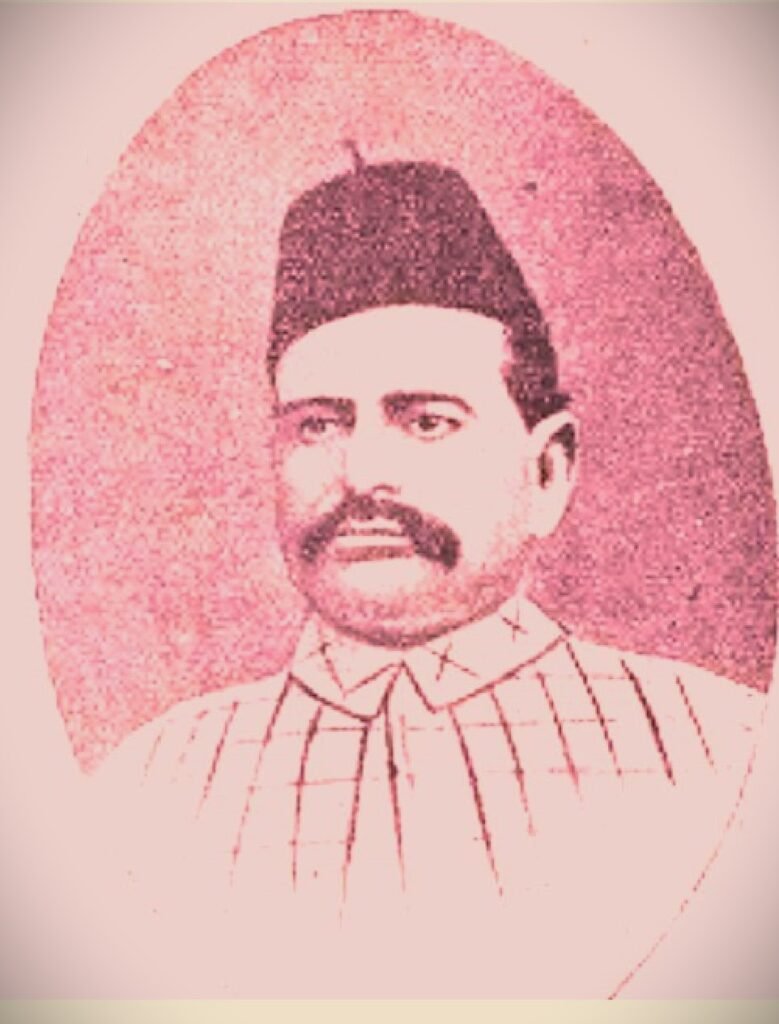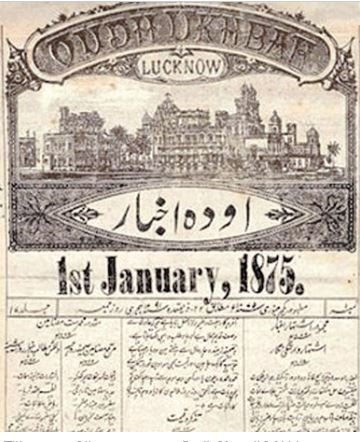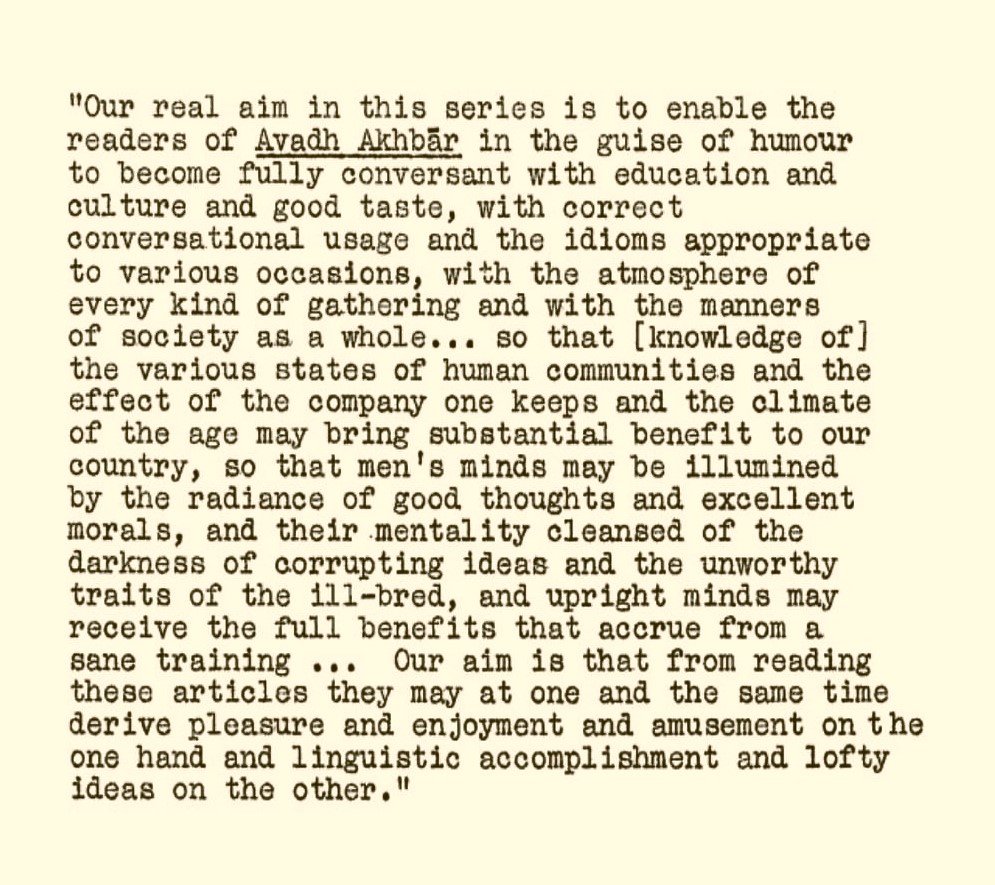(Kashmir Rechords Exclusive)

The modern generation of Kashmiris may not fully grasp the lifestyle of their ancestors a century ago, a time when trade, government employment, and a rich literary life dedicated to Urdu and Persian defined existence. This era was marked by bold experimentation, paving the way for modernity, rationality, and reformist attitudes, all while preserving cherished cultural values. At Kashmir Rechords, our focus is on reconnecting with our glorious past to add value in advancing our march in a continuously changing world experiencing dynamic shifts in politics, economy, technological prowess, and demographic and environmental impacts.
Among the towering figures of this literary heritage is Pandit Rattan Nath Dhar ‘Sarshar’ (1846/47 to 1903), a colossal force in Urdu literature who elevated the language to new heights. Born into a Kashmiri Pandit family in Lucknow, Sarshar was a contemporary and close friend of Urdu stalwarts like Chakbast. He was well versed in Persian, Arabic, and English, mastering these languages and shaping his literary pursuits. His pen name, ‘Sarshar’, meaning ‘ecstatic’ or ‘delighted’, reflects his deep affection for his birthplace. Growing up in an environment that celebrated diverse traditions and harmonious coexistence, Sarshar absorbed the essence of Kashmiri life, which later permeated his literary creations.
Sarshar As Editor

Sarshar’s contributions are perhaps best illustrated through his role at “Avadh Akhbar,” (also known as Oudh Ukhbar), a leading Urdu newspaper of Lucknow, founded in 1858, where he served as editor under the auspices of publisher Munshi Naval Kishore. His innovative approach, including the publication of serialized stories, significantly boosted the newspaper’s popularity. This pioneering shift towards more prose and fiction in Urdu journalism is a testament to Sarshar’s foresight and creativity.
Sarshar’s Fasana-e-Azad,
One of Sarshar’s most notable works is Fasana-e-Azad, the second Urdu novel, which emerged from the success of his serialized articles in “Avadh Akhbar.” This novel not only captivated readers but also established the novel as a respected genre in Urdu literature. His other significant work, Fasana-i-Jadeed (A Modern Tale), later renamed Jam-e-Sarshar, depicted the changing cultural values in Lucknow and explored the perils of drinking, a vice that tragically affected Sarshar himself.

Eminent writer Ram Babu Saxena, in his voluminous book “History of Urdu Literature” (First Edition 1927), whose foreword was written by none other than Sir Tej Bahadur Sapru, poignantly mentions Sarshar while tracing the origin and development of the language. This highlights Sarshar’s crucial role in shaping Urdu prose and fiction.


Thesis on Sarshar
Feroz Hussain, a scholar and professor at Maulana Azad National Urdu University in Hyderabad, in his thesis “Life and Works of Rattan Nath Sarshar” submitted to the University of London School of Asian and African Studies, writes that Sarshar conceived the idea of writing Fasana-i-Azad after the success of his articles contributed to “Avadh Akhbar” under the heading “Zarafat” (started in 1878). The unprecedented acceptance of the novel as a genre in Urdu can be largely attributed to Sarshar’s innovative contributions.

Kashmir’s Influence
The influence of Kashmir on Sarshar’s work is unmistakable. The serene landscapes and rich cultural milieu of Kashmir provided a vivid and enchanting backdrop for many of his stories. Sarshar’s intimate knowledge of Kashmiri customs, traditions, and everyday life enabled him to depict the region with authenticity and heartfelt affection.
Through his evocative descriptions and nuanced character portrayals, Sarshar brought the essence of Kashmir to a broader audience. His stories not only celebrated the beauty and uniqueness of the land of his ancestors but also addressed the social issues and challenges faced by its people. Themes of social justice, cultural identity, and human relationships are woven seamlessly into his narratives, resonating with readers across generations.
From Lucknow to Hyderabad
Sarshar’s later years were marked by a move to Hyderabad State, where he was warmly received by Sir Kishan Pershad, the Prime Minister of Hyderabad. Unfortunately, his personal challenges curtailed his creative output, and he passed away in 1903 at the age of fifty-six.
Reflecting on Sarshar’s legacy, it is evident that he left an indelible mark on Urdu literature. His work not only enriched the language but also bridged the past with the emerging modern world. Had he lived longer, it is tantalizing to imagine how he might have influenced the nascent Hindi film industry.
Today, as we navigate dynamic shifts in politics, economy, and technology, the literary contributions of figures like Rattan Nath Dhar Sarshar serve as a reminder of the enduring power of storytelling and the importance of reconnecting with our cultural roots to guide our future progress.